Illinois Governor J.B. Pritzker’s incendiary speech last month calling on Democrats to organize massive civil unrest against the Trump Administration caught me off guard.
“It’s time to fight everywhere and all at once,” he urged an assemblage of New Hampshire Democrats, “Never before in my life have I called for mass protests, for mobilization, for disruption. But I am now. These Republicans cannot know a moment of peace. The reckoning is finally here!”
Let those words sink in.
Mass protests. Like the 2020 George Floyd riots with at least 25 deaths and $2 billion in property damage?
Mobilization. It’s a military term, like the Army convoys I saw on highways and heavy equipment on trains when I drove cross-country in 2002 as Bush prepared to invade Iraq. Who will Pritzker mobilize, Antifa?
Disruption. Of what, airports, freeways and bridges? Courtrooms, legislatures, government offices? Schools and universities? Portland-style sieges, where a Trump supporter was targeted and killed?
Was this the same J.B. Pritzker who in 1988 stood beside me in Argentina during an emergency session of the provincial legislature to defend democracy from an unfolding military revolt?
It was long ago but for me it’s still vivid. I was an international political consultant and I got an urgent call from Washington. A political exchange program I’d set up between the US and Argentina was in trouble. Our delegation was en route to Buenos Aires when the trip leader who was supposed to meet them dropped out suddenly.
From 1976 until 1983 a military junta ruled Argentina. It pushed aside the civilian government when violence between left and right wing parties escalated to an average of one bombing every three hours and an assassination every eight. After Margaret Thatcher defeated the junta’s ill-conceived attempt to take the Falklands Islands from Great Britain it ceded power.
As the new president, Raul Alfonsin, restored Argentina’s democratic institutions the Reagan Administration increased its engagement with Argentina. The fledgling exchange program between young American and Argentinian political leaders was part of that effort.
I hopped on the red-eye to Buenos Aires to join a bipartisan group of elected and appointed political officials under age forty. In perusing their bios on the flight, Pritzker stood out. At twenty-three, he was the youngest delegate, barely out of college.
The following morning we flew to Cordoba. Our visit had barely begun when the military uprising broke out. Colonel Mohamed Ali Seineldin rallied dissident Army units to seize a military base.
This was the third military rebellion since 1983, and it would turn out to be the most serious.
We cloistered with local politicians at our hotel during the coup’s early hours. Toward nightfall the atmosphere grew tenser. Several of our hosts had been arrested during the junta and feared a reprise. The hotel was acrid with smoke and sweat and the bar was doing a good business. Mobile phones rang steadily, voices rose and stilled with each new development.
Our hosts asked the delegation to make a statement against the coup. I put it to the group. Several didn’t want to become involved. A few wanted to return immediately to the US Embassy. I said I would address the legislature as an individual. Anyone who wanted could join me.
Without hesitation, Pritzker and several others came along. We were greeted like celebrities. From the podium I made passionate remarks about where President Reagan stood on Argentina’s democracy and the price the military would pay for a coup. I’d worked for him since 1979, on both presidential campaigns, and in the White House. I knew where he stood and easily articulated his policy in Spanish.
We got a standing ovation. Television stations broadcast the session live. It was the height of uncertainty and the coup might have gone either way. It took courage and conviction for Pritzker and the others with me that day to take a stand.
As we were leaving the capitol a gaggle of journalists engulfed us. Pritzker and the others were questioned by English-speaking reporters. He seemed cool and collected, clearly a professional politician in the making. Everyone went on the record opposing the coup.
Two days later the coup was quashed. Three people died and scores were injured, including a sixteen year-old girl whose arm was severed below her elbow by an M-16 bullet.
That’s why Pritzker’s New Hampshire speech stunned me. Using extra-legal means to undermine our democratic system and the voters’ will is tantamount to a civilian coup. His call for civil disobedience is extraordinary in a country where a strong judiciary still acts as a check on unbridled executive power and freedom of speech and peaceful, lawful assembly is guaranteed.
Last month Rutgers University’s Network Contagion Research Institute surveyed 1,264 respondents for their views on political violence: 55 percent of those who self-identify as left-of-center said killing Trump is at least somewhat justifiable and 48 percent agreed assassinating Musk is okay.
“Central to this belief system,” NCRI reports, “is Left-Wing Authoritarianism (LWA), characterized by moral absolutism, punitive attitudes toward ideological opponents, and a willingness to use coercion for progressive aims.”
The NCRI concludes that a “broader assassination culture” is emerging among leftists. In this atmosphere Pritzker’s exhortation to mob rule is especially dangerous. Coupled with incidents like former FBI director James Comey’s Instagram post encouraging followers to “86 47” (Mafia shorthand for “eighty miles from town and six feet deep,”) Madonna musing about the White House blowing up, and two actual assassination attempts on Trump, we are as a society in dangerous territory.










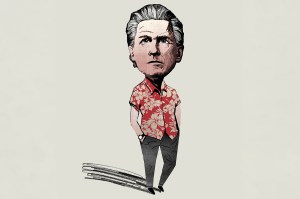
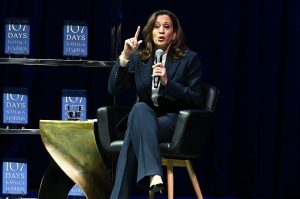
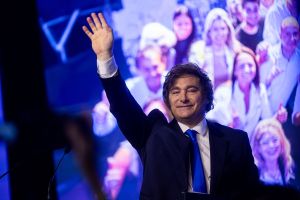
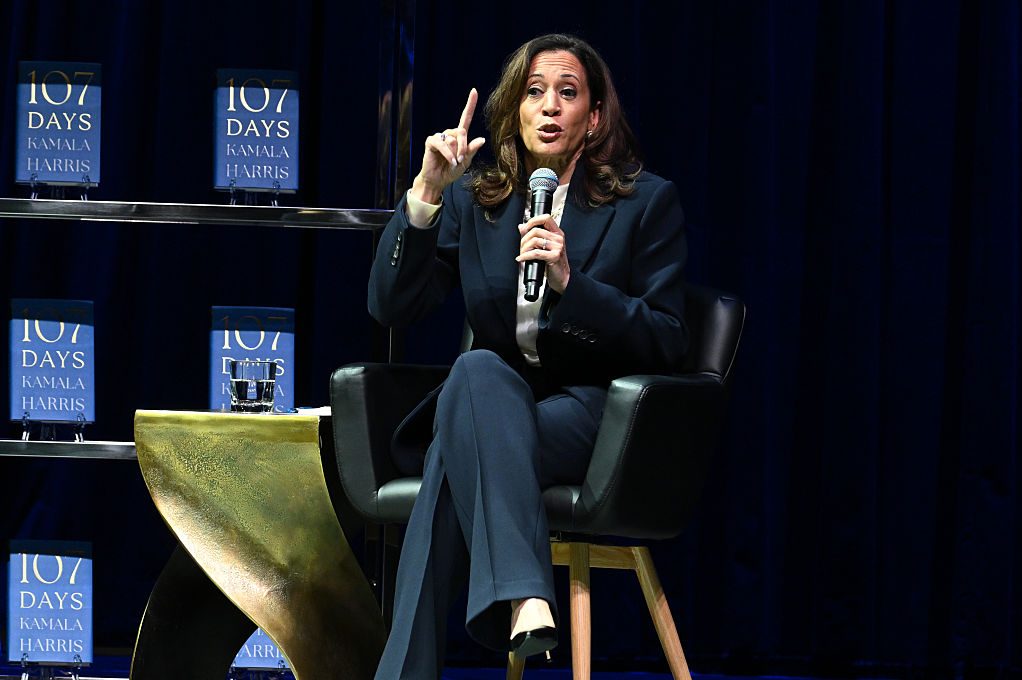
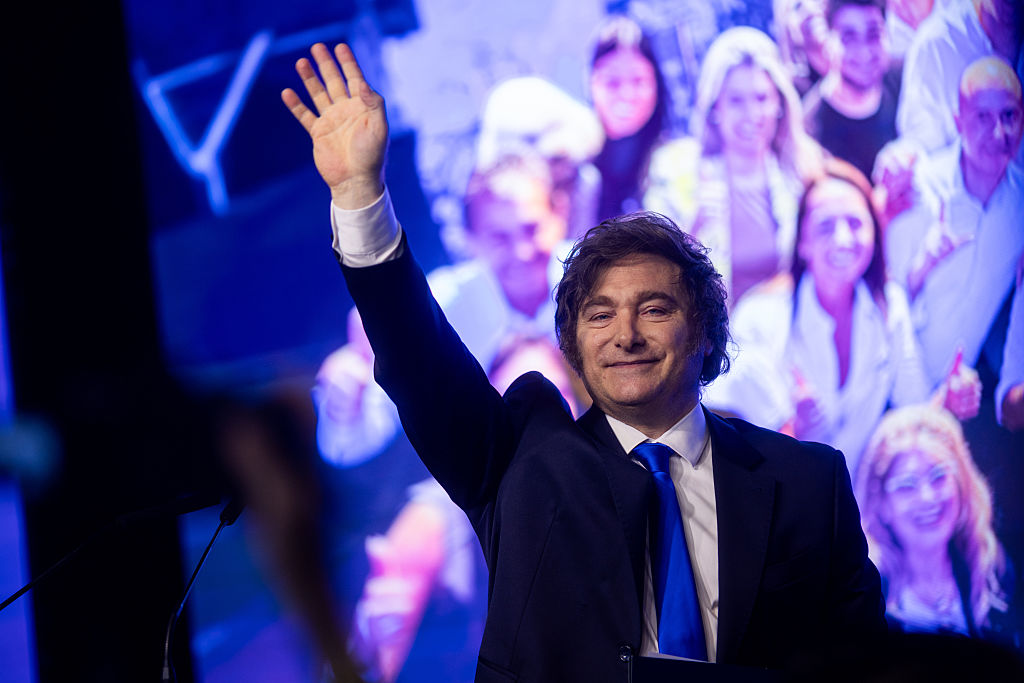
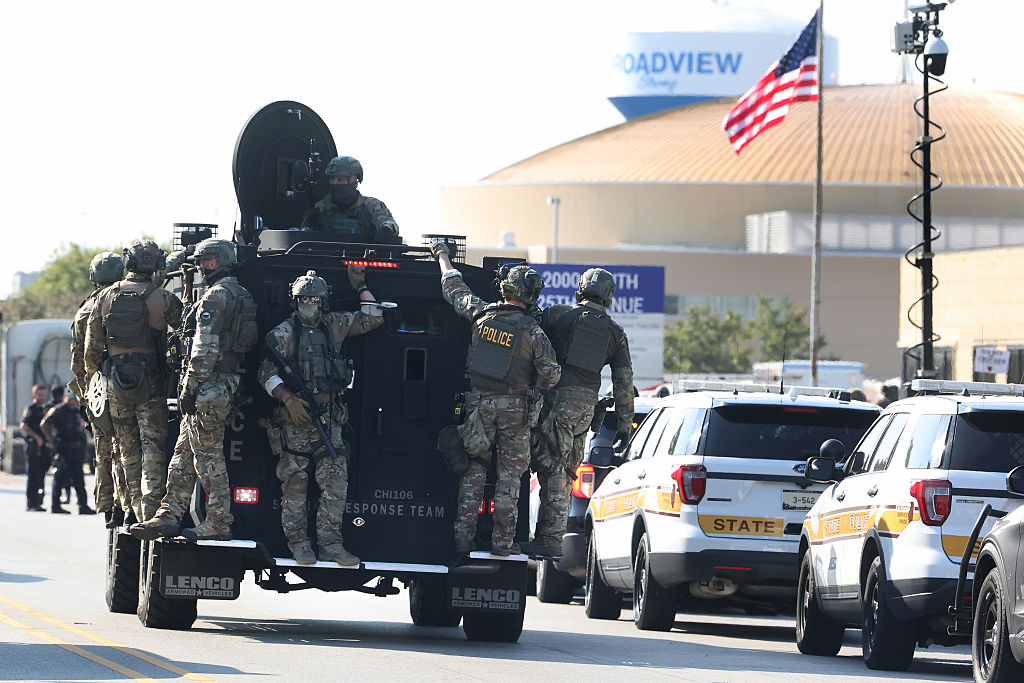
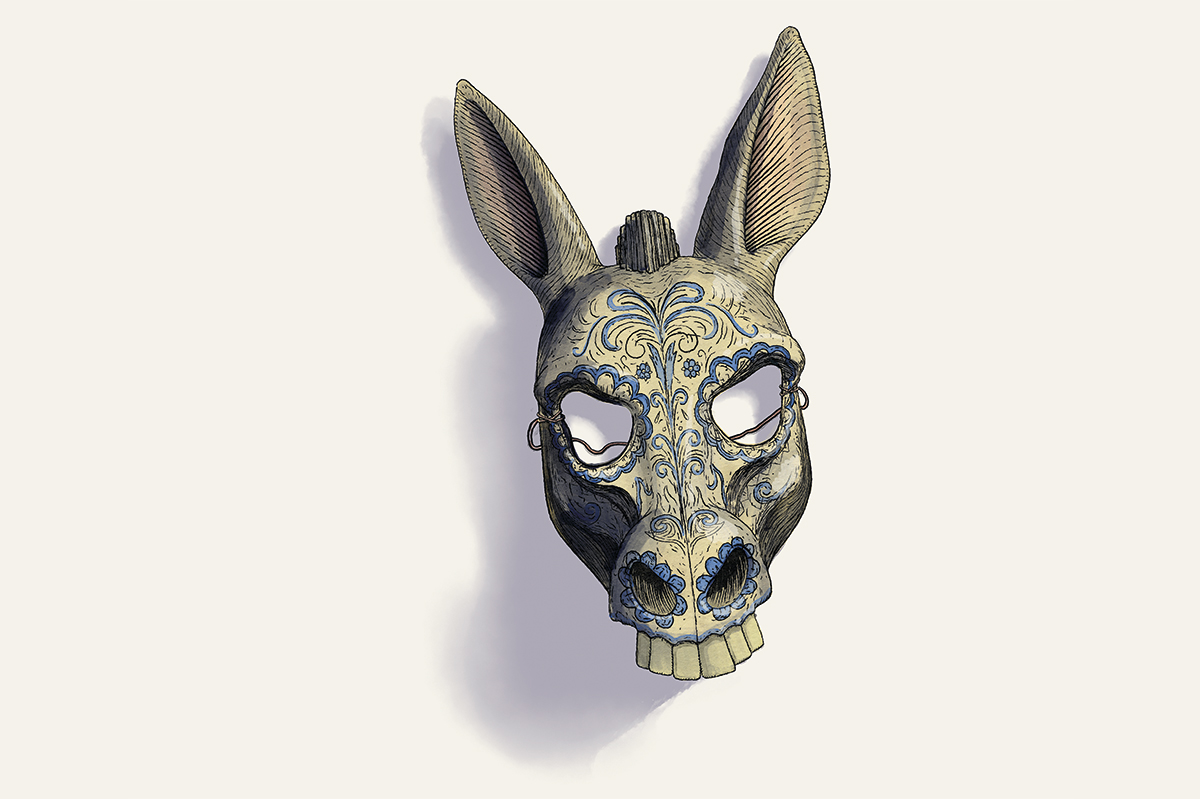
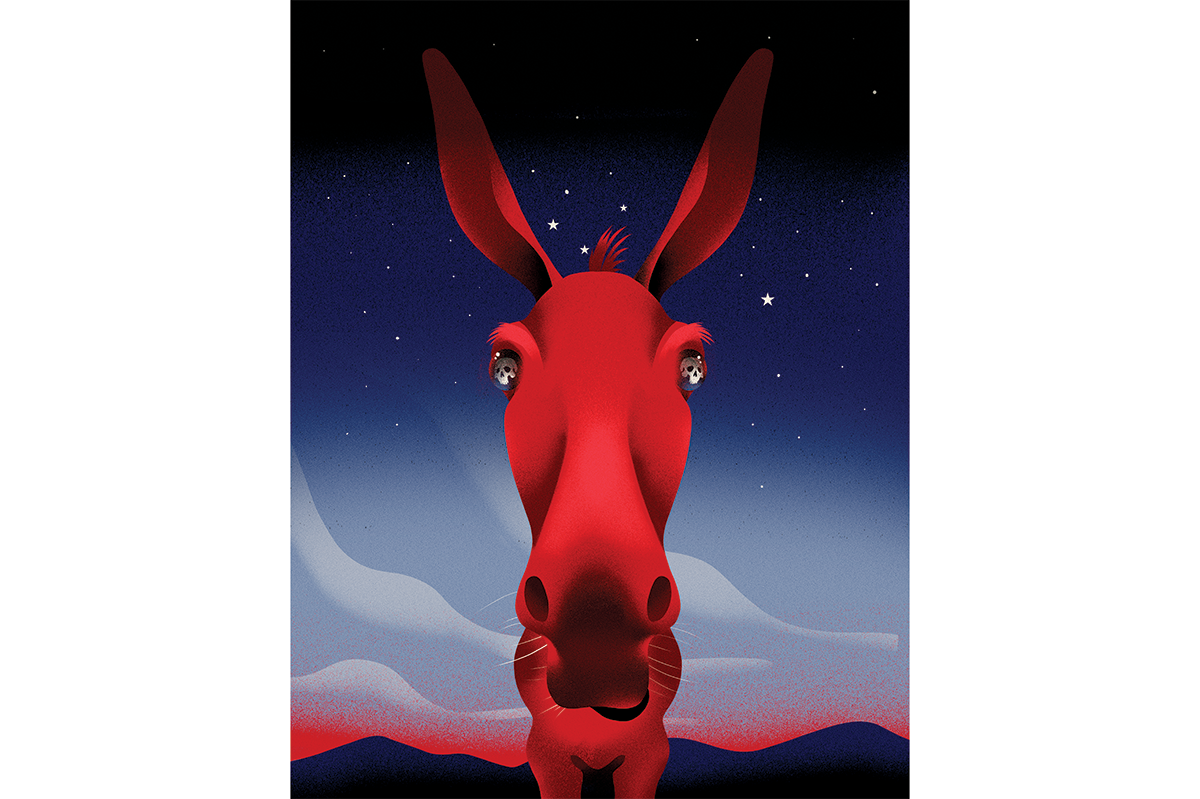
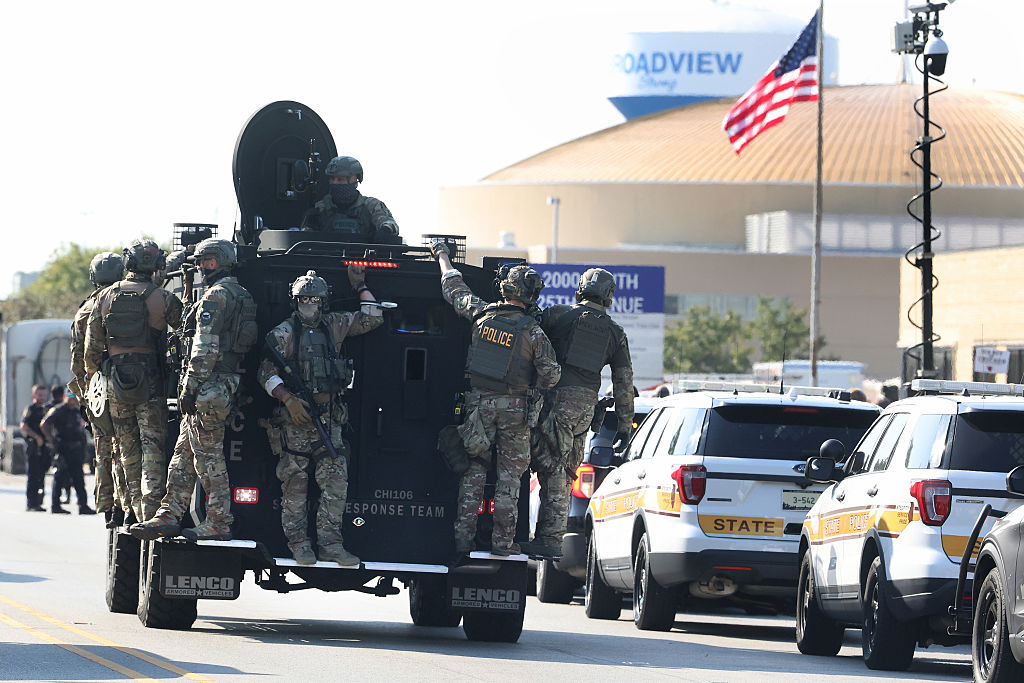







Leave a Reply